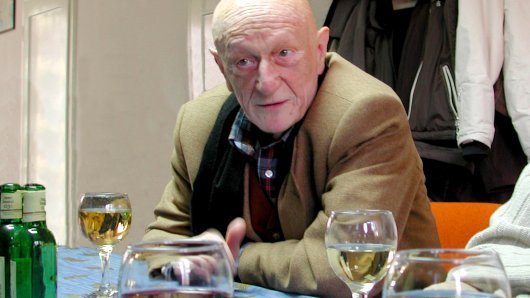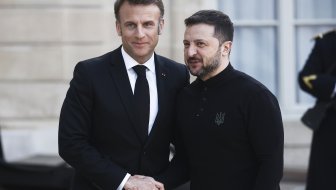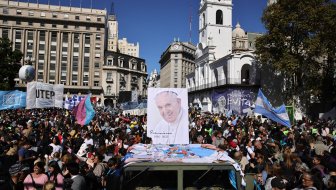European Commissioner for Financial Programming and the Budget Janusz Lewandowski in Zagreb on Tuesday invited Croatia to continue increasing its capacities to draw European funding and to prepare good projects and in that way become a net-beneficiary of the European budget and not a net-payer.
Lewandowski spoke with Deputy Prime Minister for Home, Foreign and European Affairs Neven Mimica and Deputy Prime Minister and Minister of Regional Development and EU Funds Branko Grcic about negotiations with EU member countries over the new 2014-2020 budget, and about Croatia's views and requests in that regard.
This is a decisive moment for Croatia's accession plans, Lewandowski said urging Croatia to continue increasing its capacities for absorbing available funds.
Financial trends between Brussels and Zagreb are promising, he said stressing that funds were defined in the accession treaty and should be exempt from negotiations on savings in the EU.
Croatia is faced with strategically positioning itself regarding huge changes that are currently occurring in the euro zone including fiscal pacts and improving budget discipline, preparations to set up a banking union and possible changes to European treaties, Lewandowski said.
Asked to comment on cutbacks conducted by the Croatian government, Lewandowski said that EU membership was useful but also incurred obligations and one of these was to balance public finances which, he said, was not politically popular but vital to maintain trust in financial markets.
Besides austerity measures, Croatia should plan funding for public investments that are co-financed from European funds which require good projects, he said, noting that the EU co-financed 97 percent of public investments in Hungary and 76 percent in Slovakia.
The total effect of Croatia's accession on the seven-year EU budget is 13.741 billion euros in commitments and 9.956 billion in payments. The largest part comes from cohesion funds - 8.7 billion euros.
Since the start of accession negotiations until now Croatia had at its disposal around 1 billion euros of which 65 percent has been absorbed (650 million euros) through various programmes (CARDS, PHARE, ISPA, IPA), Grcic said.
During the first six months of membership next year Croatia will have at its disposal 600 million euros which includes subsidies for agriculture and rural development, he added.
Asked whether Croatia might expect a negative commitment-payment ratio for itself from the EU budget, Grcic said that the government planned for the country to be a net-beneficiary and not a net-payer which primarily depends on the quality of projects to apply for European funds.
In the first six months of membership Croatia will be required to pay around 1.7 billion kuna into the EU budget, he said.
With regard to Croatia's special request regarding the use EU funds, Mimica said that Croatia had requested a longer time span for the use of EU funds.
According to the present proposal, funds for one budget year may be negotiated for another two years and Croatia has requested that this be extended to three years because that would increase its chances of better absorbing available funds.




































